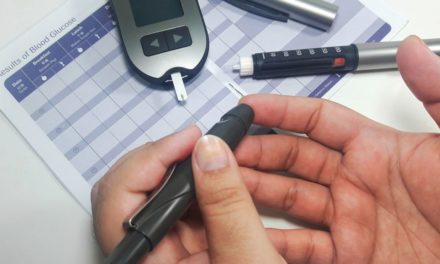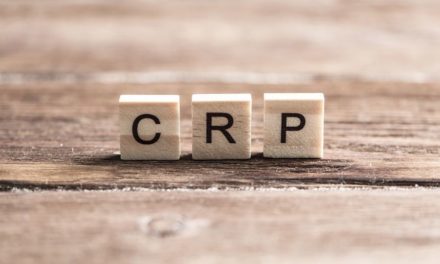 GERD is an acronym for gastro esophageal reflux disease. About 40 million Americans suffer from frequent heartburn at a cost of about $10 billion annually. Americans spend about $0.5 billion annually on antacids. In GERD, the lower esophageal sphincter opens spontaneously, for varying periods of time, or does not close properly and stomach contents rise up into the esophagus. The main symptom is heartburn, but patients may also experience a dry cough, asthma symptoms, or trouble swallowing.
GERD is an acronym for gastro esophageal reflux disease. About 40 million Americans suffer from frequent heartburn at a cost of about $10 billion annually. Americans spend about $0.5 billion annually on antacids. In GERD, the lower esophageal sphincter opens spontaneously, for varying periods of time, or does not close properly and stomach contents rise up into the esophagus. The main symptom is heartburn, but patients may also experience a dry cough, asthma symptoms, or trouble swallowing.
Diet is perhaps the best way to get this symptom under control.
- Sometimes avoiding gluten and dairy works wonders
- You need to eat slowly and chew food completely.
- Don’t drink with meals
- Some supplements, like deglyceizzed licorice can bring the symptom under control. Licorice (the herb, not the candy) can increase blood pressure. In deglyceizzed licorice, the substance that raises blood pressure has been removed. Some people, however, will experience increased blood pressure with deglyceizzed licorice; so the blood pressure should be checked regularly.
- Cabbage juice has substances in it that can help to heal the esophagus. Also, there has been a lot of research showing that plant antioxidants, known as bioflavonoids, can help to heal the esophagus. There is research to support this. Cranberries, in particular have been shown to be effective.
Bacteria may be involved:
There is sometimes a bacterial connection. It has been postulated that low stomach acid favors an environment that allows bacteria to grow—creating a bacterial gastritis. Heliobacter pylori, the bacterium that is implicated in gastric ulcers, is frequently a cause of heartburn (even if there is no ulcer present). A study performed on mice done by researchers from the University of Michigan Medical School at the Howard Hughes Medical Institute showed that acid suppressing medications (proton pump inhibitors, like Prilosec and Prevacid) may actually aggravate the conditions that they are designed to treat. These drugs actually contribute to bacterial overgrowth.
It may surprise you, but…
Some practitioners believe that some people with GERD actually are not producing enough stomach acid. It may seem counterintuitive, but some of these patients actually need to produce more acid. For the most part, traditional medicine does not recognize underproduction of HCl as a health problem. When your patient tells the medical doctor about this approach, the doctor will often think that it is unscientific or even crazy. There is some sound reasoning behind giving HCl to patients with frequent heartburn. If there is not enough acid during digestion, the pylorus does not open, creating pressure in the stomach. The pylorus is much stronger than the esophageal sphincter, so the pressure forces the contents up into the esophagus. Giving HCl helps the pylorus to relax, facilitates stomach emptying and keeps the contents out of the esophagus. There needs to be some research on this issue.





